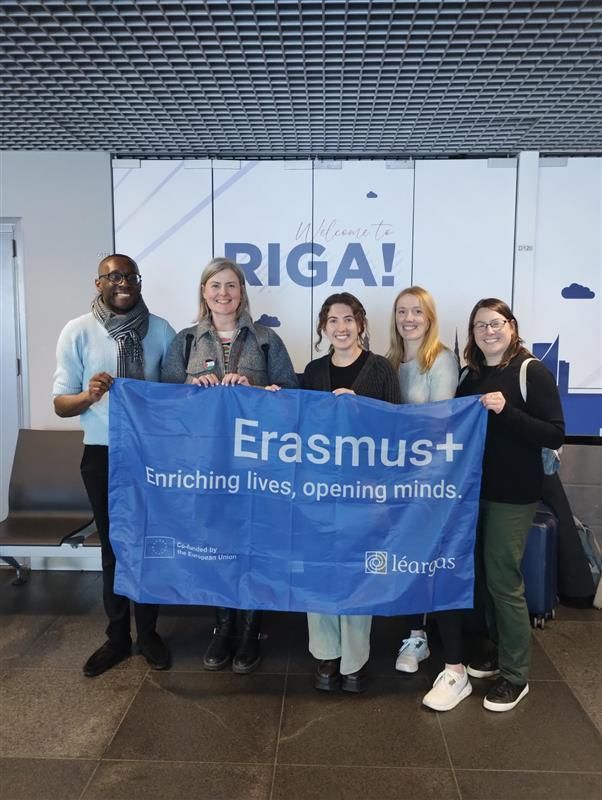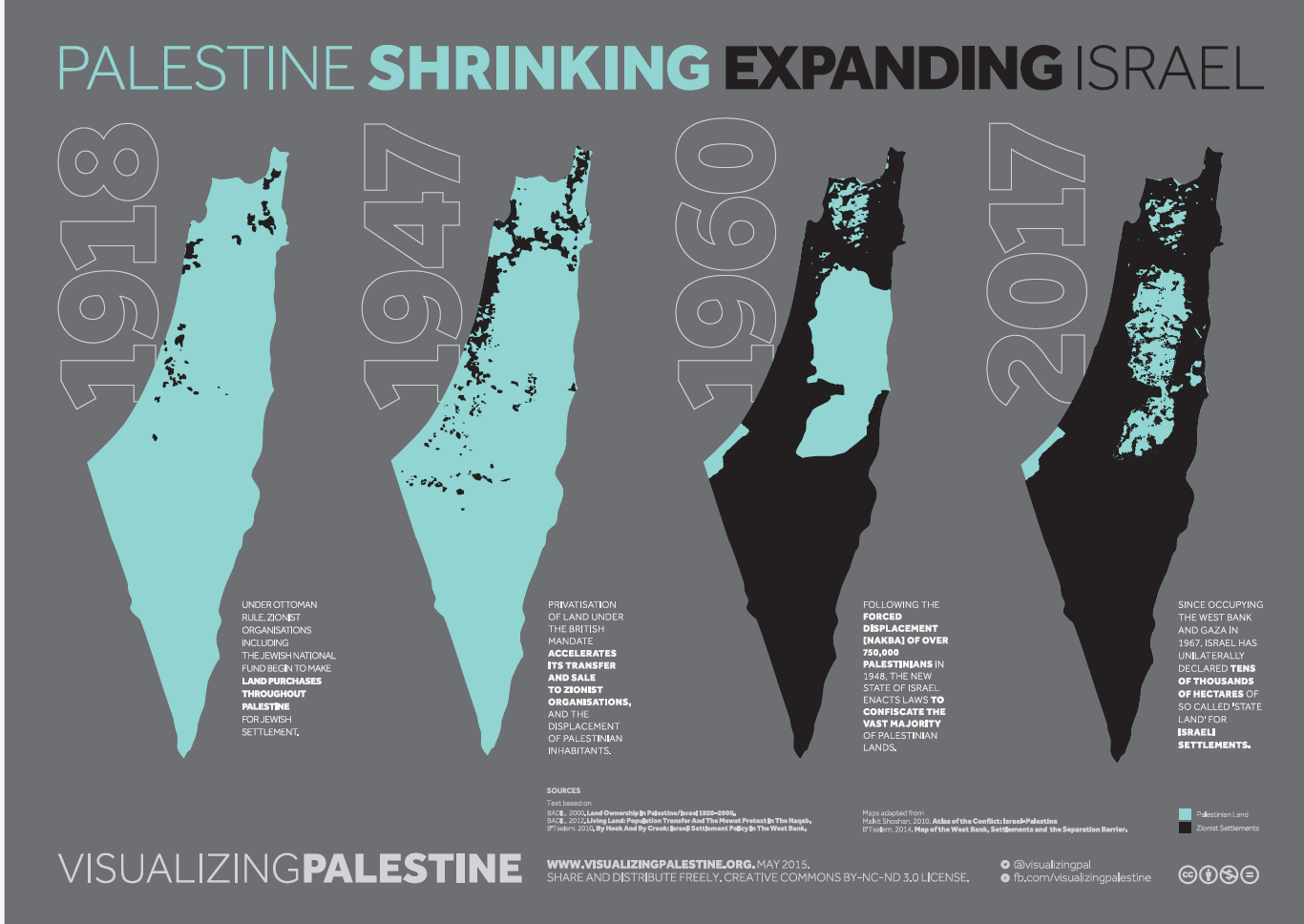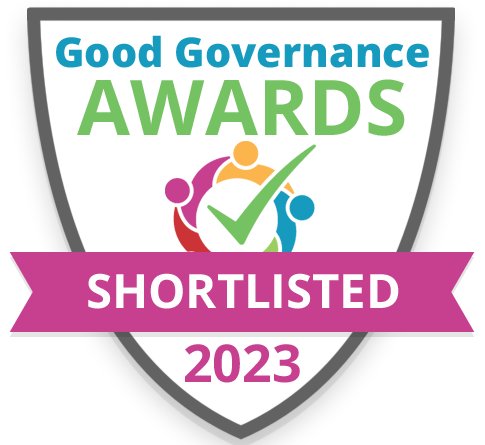Síolta Chroí - Regenerating People and Wider Nature
This blog was written by Gareth Colon and Karen Jeffares of Síolta Chroí, who facilitated a workshop called ‘Ecosystem Restoration and Development Education: Regenerating People and Wider Nature’ at the IDEA conference on Wednesday 23 June 2022.
Can we create systems that restore ecosystems, sequester carbon and build biodiversity while supporting our communities to thrive? At Síolta Chroí we explore the concepts of permaculture and regenerative agriculture, ecosystem restoration, development education and contemplative wisdom practices and spiritual practices to explore this question.
Our mission is to restore Ireland’s ecosystems and communities. We focus on Ireland but global justice work is inherent in what we do. We are part of a global movement called ecosystem restoration camps. This is a movement of communities from all over the world connecting up and working to restore the ecosystems of their local and global community.
At Síolta Chroí we frame our work under three pillars:
1) Education focused on regenerative cultures
The concept of regenerative culture acknowledges that the regeneration of degraded ecosystems and landscapes is not only a physical or technical concern, it is a deeply cultural one too. The dominant way of thinking in our culture has us disconnected from the natural world. If we make changes to heal the land but don’t change our relationship to that land, we will continue to damage the planet around us in one way or another. Regeneration thus requires a shift in perspective so that we see ourselves as co-inhabitants of this planet rather than the dominant species. How can we do this? We believe that deep individual and collective work is required that brings us through a journey of self-awareness, healing and transformation
2) Exploring resilient and regenerative food systems
A regenerative food system creates resilience by localizing economies, supporting biodiversity, sequestering carbon and building greater food security. Our current food system is carbon heavy, de-localized and in many cases is poisoning the planet and our bodies. The food systems that we are exploring are ones that work with mother nature. A question to ask might be ‘What would a system look like that worked with Mother Nature’? Rather than trying to dominate over her. What would it look like if our food systems supported her to build up and work with nature to thrive in abundance? One example we explored in our workshop was a food forest. Have a look at this short video.
3) Ecosystem restoration work
Ecosystem restoration provides tools to restore degraded landscapes. This offers us a chance to stave off the worst effects of climate change. Sequestering the excess carbon in our atmosphere on a massive scale is one of the last remaining solutions. By rehabilitating degraded ecosystems and restoring the soil to health on a wide scale, we can sequester enough carbon to create a safe level in the atmosphere.
An amazing example of what is possible happened in a relatively short space of time in China in an area called the Loess Plateau. Film maker John D. Liu documented the process in just 14 years an area roughly the size of Belgium was restored. You can watch the film here.
Conclusion
It is hard to write this and not enter into a colonial way of speaking. The limitations of our language means that when speak we speak in a way that separates humans and nature when in reality, we are one and the same.
This separating humans from nature leads to thinking in the environmental movement such as humans are bad, how can humans do less harm? Our responses to the ecologicial crisis are in limiting the effects of our badness on wider nature. Ben Folks, a permaculture designer in the USA, points out if that is how we think and we follow that thinking then we are better off dead. That is the only way to genuinely do no harm. To this he says “I want to live and I want the people and place around me to benefit because I have lived”. One of the aspects we love about permaculture and regeneration is it asks the question ‘What if humans were a healing presence’?
Clearly we need healing from all manner of traumas at every level; from individuals to the planetary ecosystems. Perhaps by healing the land we can begin to heal ourselves and our traumatised culture. However to do this global justice education is essential.
For this and more information on our work go to www.sioltachroi.ie or https://fb.me/e/7px4Q1esQ









